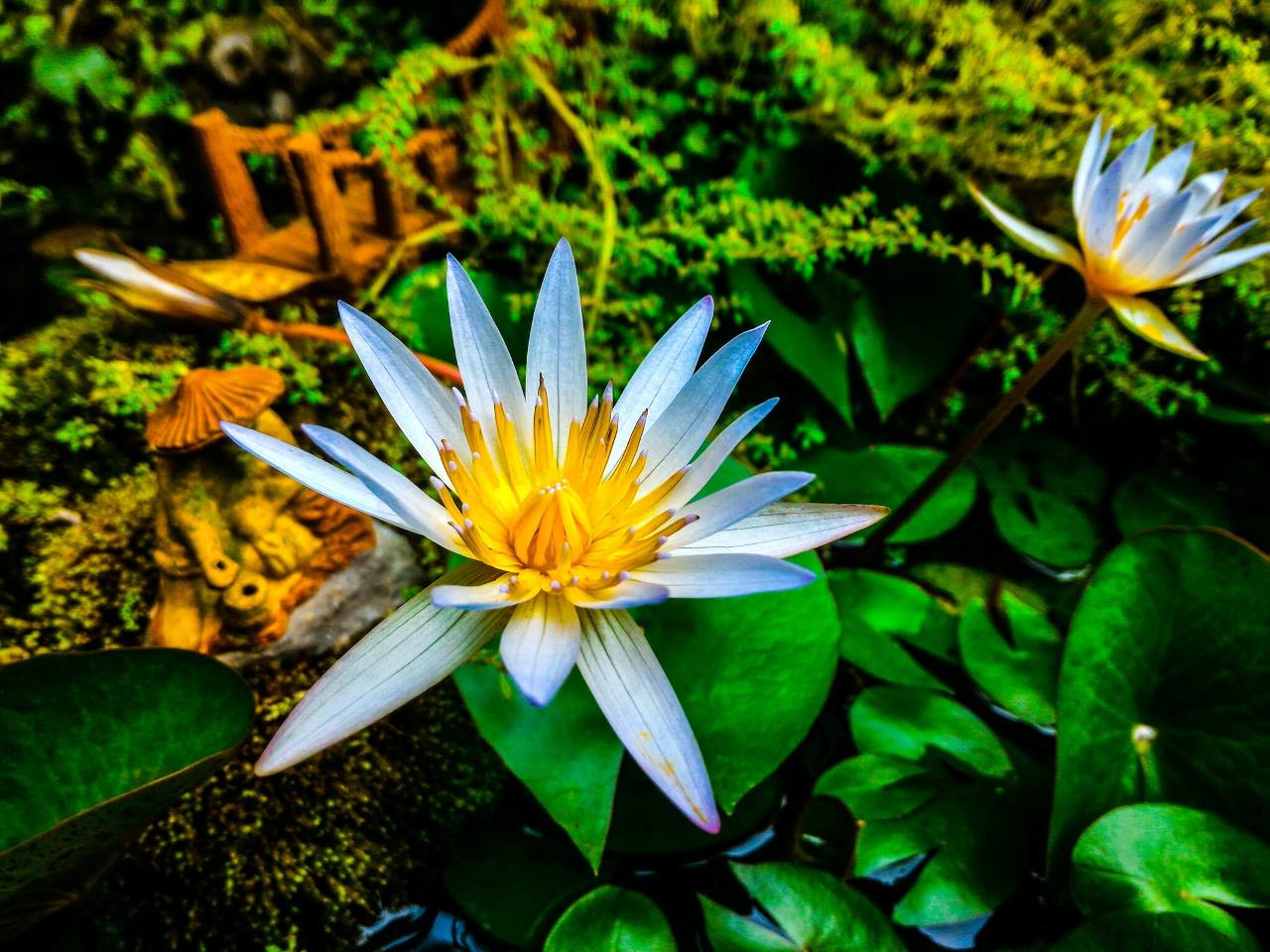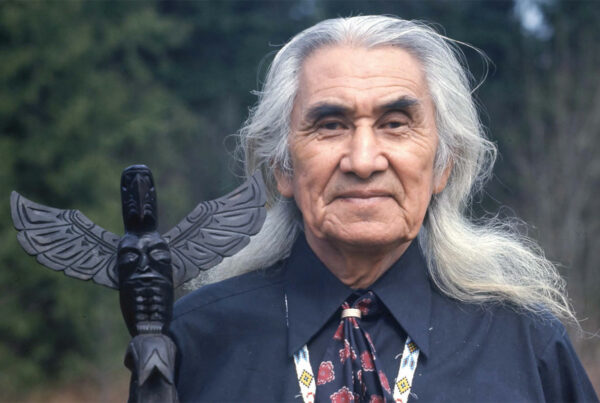While reading Karen Armstrong’s book “Sacred Nature: Restoring Our Ancient Bond With The Natural World” I was awestruck by her description of the Zen Buddhist perception of nature:
“In Japan, Zen Buddhists believe that a single Buddha-Nature exists in the things of nature and that it is inseparable from the human self. The aim of Zen is to cultivate awareness of its existence, making it a reality within oneself. Zen spirituality enables us to perceive the Buddha-Nature in both the natural world and in human beings in ways that depend not on authoritative texts but on the right hemisphere of the brain.
“The World now appears as if dressed in a new garment, which seems to cover up the unsightliness of dualism,” the Japanese scholar D. T. Suzuki (1870 – 1966) explained:
“There is something rejuvenating in the possession of Zen. The spring flowers look prettier, and the mountain stream runs cooler and more transparent. The subjective revolution that brings about this state of things cannot be called abnormal. When life becomes more enjoyable and its expanse broadens to include the universe itself, there must be something in satori (the potential for enlightenment) that is quite precious and well worth striving for.”
Perhaps the influence of Japan’s indigenous Shinto culture brought out a more animistic perspective in the form of the Zen Buddhism tradition that developed in Japan.
Along with the reverence for nature goes reverence for ancestors. In Shinto, as in most animistic traditions, there is a huge importance placed on honoring the memory and traditions of the ancestors.
Attending to and expressing gratitude to ancestral spirits as if they are still there — is core to the animistic tradition of Shinto which reveres Kami, which can be described as sacred spirits or elemental forces that animate the landscape and take shape as the wind, rain, mountains, trees, rivers and animals.
In the animistic Shinto worldview, when humans die they become Kami and are revered by their ancestors.
Perhaps a reverence for our non-human kin and a renewed respect for future generations could help pull today’s consumer culture of secular materialism back from the brink of self-destruction and biodiversity collapse.
If you’re interested in learning more about cultivating the nondual awareness of Zen, I recommend watching the Alan Watts documentary The Way of Zen.
- Reconnect To Your Original Nature Through Awe And Wonder - April 17, 2024
- Pasqueflower: A Spring Wildflower That Symbolizes Rebirth - April 5, 2024
- Deep Embodiment And The Flow of Embodied Awareness - April 1, 2024



